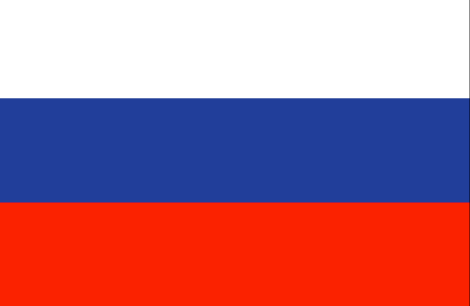In Russia the snow leopard is at the northernmost edge of its contemporary range and has only a few sustainable populations of animals in optimal habitat areas – the mountains of the Altai-Sayan Ecoregion.
Russia’s population of snow leopards comprises just 1-2% of the total species population. The total area of potential snow leopard habitat in Russia is approximately 60,000 km2.
However, the areas regularly inhabited (no or little snow cover in winter months and adequate prey species populations) by snow leopards are much smaller, do not exceed 20,000-30,000 km2, and are home to, in all probability, no more than 70-90 snow leopards. The habitat area for known stable populations of snow leopards in Russia is no more than 12,000 km2, and that area is home to no more than 50-65 snow leopards (Map 2).
Snow leopard survival in Russia depends to a significant degree on the preservation of spatial and genetic connections between Russian populations and the main population nucleus in western Mongolia and perhaps northwestern China.
As in the other countries in its modern range, the main threats to snow leopards in Russia are deaths caused by poachers and herders, loss of prey base, and in some cases, loss of habitat related to the development of mining and transportation infrastructure.
Snow leopard body parts are often used in traditional eastern medicine as a substitute for tiger parts, and the animal’s fur is of great value for luxury seekers. The significant popularity of snow leopard products in illegal trade is a serious concern for the species’ future. The preservation of this northernmost population of snow leopards living in Russia – animals that are well adapted to hostile environmental factors at the edge of the species’ range – is an important component of efforts to protect this species and its genetic diversity in Central Asia.
National Snow Leopard & Ecosystem Protection Plan:
Download as PDF: Russian Federation_NSLEP
Minister:
Honorable Mr. Dmitrii Kobylkin
Ministry of Natural Resources and Ecology
Designated National Focal Point:
Ms. Irina Fominykh
Deputy Director
Department of International Cooperation
Ministry of Natural Resources and Environment
Mobile: +7 985 222-99-52
Fominykh_Ira@mail.ru



